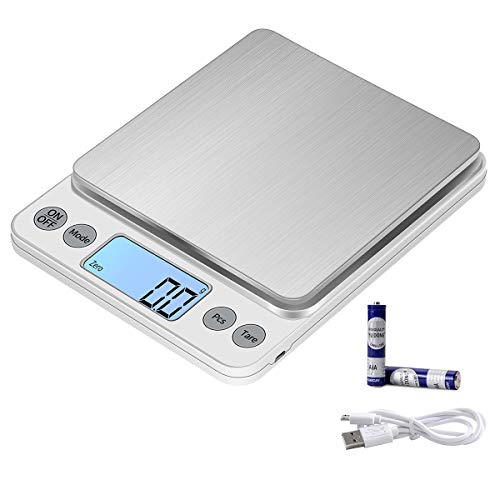busymakinsoap!
Well-Known Member
Sorry I'm not sure of the right words, so I will try and ask in my own :wink:
How much water does it take to dissolve salt in water? I have a faint memory of it being more than 1 part water to disolve 1 part salt.
The reason I am asking - I made a batch of OMH, dissolved the lye in minimum water, then added salt, naturally it didnt dissolve because there was no 'free' water left (only a couple of grams). I am assuming Lye is 1 part to 1 part as it can be mixed until clear.
The thing that is confussing me - the water should go clear to ensure the salt is completely dissolved (just been reading up on this), but that is actually really hard to do, so its making me think that the ratio of water needs to be quite high?
Next scientific question:
Can salt 'push out' the dissolved lye? (lol sorry not very scientific) What I mean is - if you had previously dissolved lye and added salt and there was not enough 'free water' would parts of the lye then become undissolved.
The reason for this question is - My OMH did have granules on the bottom of the lye water after I added the salt. I assumed it was only salt as all the lye crystals were dissolved when salt was added. i sieved the lye water and used it - but my soap is VERY over superfatted and slick.
I know next time to add some extra water for the salt, I'm just not sure how much :?:
How much water does it take to dissolve salt in water? I have a faint memory of it being more than 1 part water to disolve 1 part salt.
The reason I am asking - I made a batch of OMH, dissolved the lye in minimum water, then added salt, naturally it didnt dissolve because there was no 'free' water left (only a couple of grams). I am assuming Lye is 1 part to 1 part as it can be mixed until clear.
The thing that is confussing me - the water should go clear to ensure the salt is completely dissolved (just been reading up on this), but that is actually really hard to do, so its making me think that the ratio of water needs to be quite high?
Next scientific question:
Can salt 'push out' the dissolved lye? (lol sorry not very scientific) What I mean is - if you had previously dissolved lye and added salt and there was not enough 'free water' would parts of the lye then become undissolved.
The reason for this question is - My OMH did have granules on the bottom of the lye water after I added the salt. I assumed it was only salt as all the lye crystals were dissolved when salt was added. i sieved the lye water and used it - but my soap is VERY over superfatted and slick.
I know next time to add some extra water for the salt, I'm just not sure how much :?:
















































